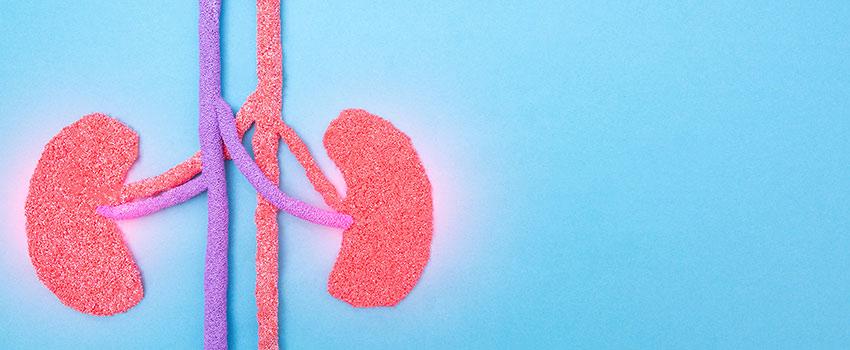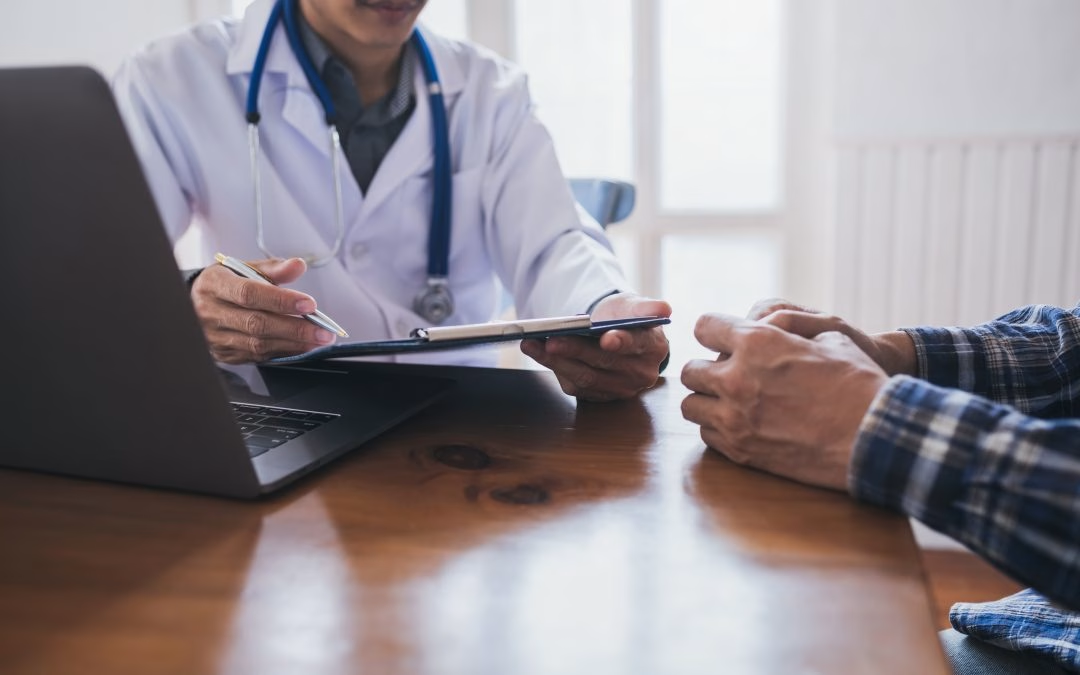
Kidney infections are rare, but they can cause serious complications if not taken care of quickly. How are you supposed to know if you have one? And if you do have one, how are they treated?
Our AFC Urgent Care Ooltewah team provides some answers below.
How Can I Know If I Have a Kidney Infection?
First off, you will experience symptoms such as fever, pain or discomfort when urinating, pain in the back, side or groin, and cloudy or bad-smelling urine. If you experience these symptoms, visit your doctor or our AFC center promptly to get the necessary care.
Once you visit the doctor, he or she will likely ask for a urine sample to test for bacteria, blood or pus in your urine. Your doctor might also take a blood sample for a culture, which is a lab test that checks for bacteria or other organisms in your blood.
Common Causes of Kidney Infections
- Bacteria or viruses that enter through the urinary tract
- Bacteria from an infection somewhere else in your body, such as from an artificial joint, that spreads through the bloodstream to the kidneys
- Surgery of the bladder or kidneys
- Something blocking urine flow, such as a kidney stone or tumor in the urinary tract, an enlarged prostate in men, or a problem with the shape of the urinary tract
How Can a Kidney Infection Be Successfully Treated?
The type of treatment your doctor will provide depends on the severity of the infection. If the infection is mild, oral antibiotics are the first line of treatment. These usually take care of the problem in about two weeks.
For a more serious infection, your doctor may keep you in the hospital to receive intravenous antibiotics and intravenous fluids. Below, we’ve listed some things you can do at home to help your kidneys recover alongside your doctor’s treatments.
At-Home Complementary Treatments
- Drink lots of water.
- Drink unsweetened cranberry juice.
- Avoid alcohol and coffee.
- Take probiotics.
- Use non-aspirin pain relievers.
- Consume apples and apple juice.
Don’t wait to get the medical care you need. Visit our AFC Urgent Care Ooltewah team today, and we will make sure you will leave feeling better than when you came!


